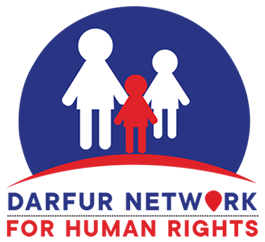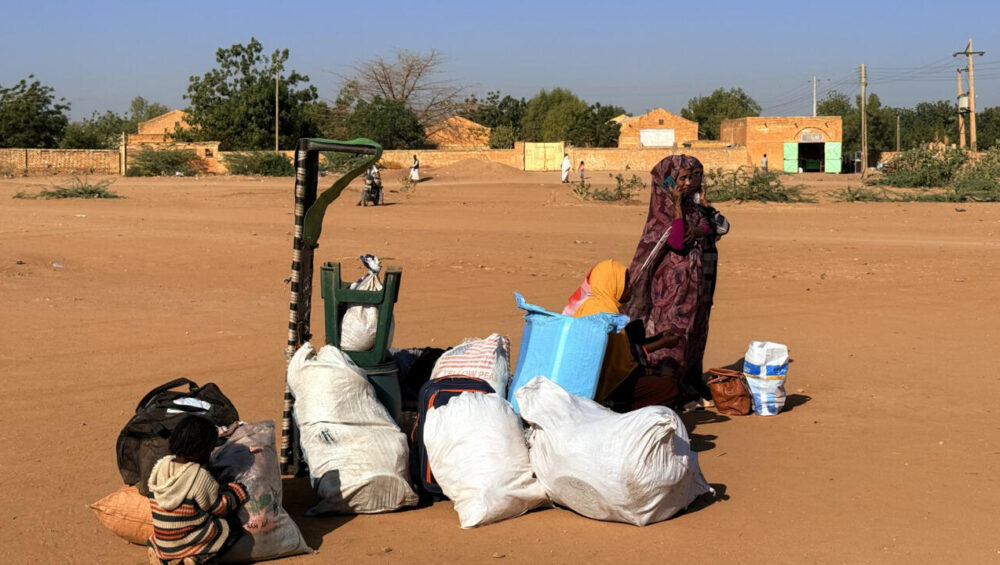As Sudanese refugees navigate displacement and uncertainty, recent policy decisions in the U.S. have raised serious concerns about their future. The government is suspending refugee resettlement, meaning thousands of Sudanese who were waiting for relocation may now face indefinite delays. At the same time, USAID funding which is one of the major sources of humanitarian assistance for Sudanese refugees in the region has been frozen. These decisions will have a lasting impact, both on those already in the U.S. and on those still seeking safety.
For Sudanese refugees currently in the U.S., this raises urgent questions about legal protection and long-term stability. Many rely on Temporary Protected Status (TPS) or have pending asylum applications, but with growing backlogs and stricter policies, these processes may take even longer. Without access to work authorization or permanent residency pathways, many refugees will struggle to secure employment and support themselves. Family reunification efforts are also at risk, as sponsorship programs that allow families to reconnect are now on hold.
For those still outside the U.S., the situation is even more challenging. Sudan’s war has displaced over 7 million people, making it one of the largest humanitarian crises in the world. Many Sudanese refugees live in overcrowded camps in Chad, Egypt, and Uganda, where food shortages and limited resources make survival difficult. The U.S. has historically been a major funder of these aid programs through USAID, supporting food distribution, healthcare, and emergency relief. With USAID funding now frozen, the situation in these camps will only worsen, forcing more refugees into desperate conditions with few options for resettlement.
This moment requires urgent action. DNHR recommends that the U.S. maintain and extend TPS for Sudanese refugees, ensuring that those already in the country can remain safely. Additionally, asylum processing must be expedited, reducing the long wait times that leave many refugees in limbo. Internationally, there is a need for alternative resettlement pathways, including expanded refugee intake in Canada and the European Union. Finally, the suspension of USAID funding must be reconsidered, as humanitarian assistance remains a lifeline for millions of displaced Sudanese.
As the crisis in Sudan continues, now is not the time to scale back refugee protections or humanitarian aid. The decisions made today will shape the future for thousands of Sudanese seeking safety. Governments, organizations, and individuals all have a role to play in ensuring that refugees are not forgotten. The question now is not just what happens next, but who will step up to take action.

